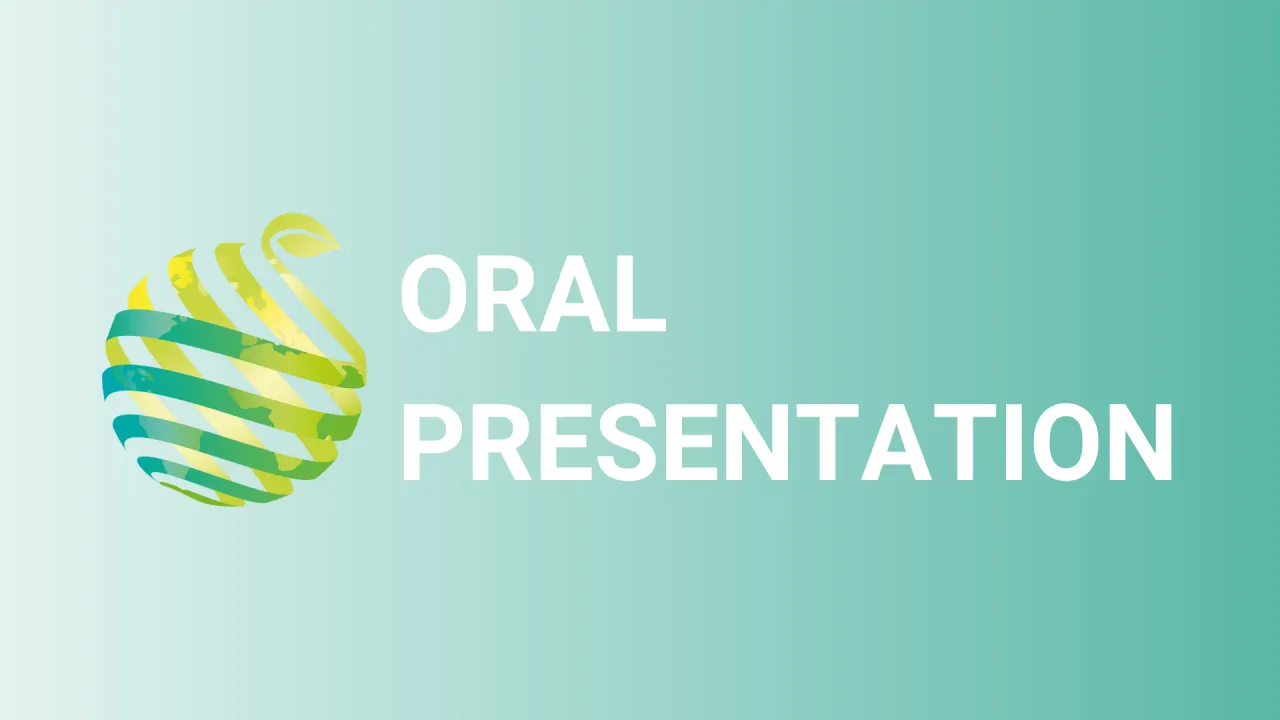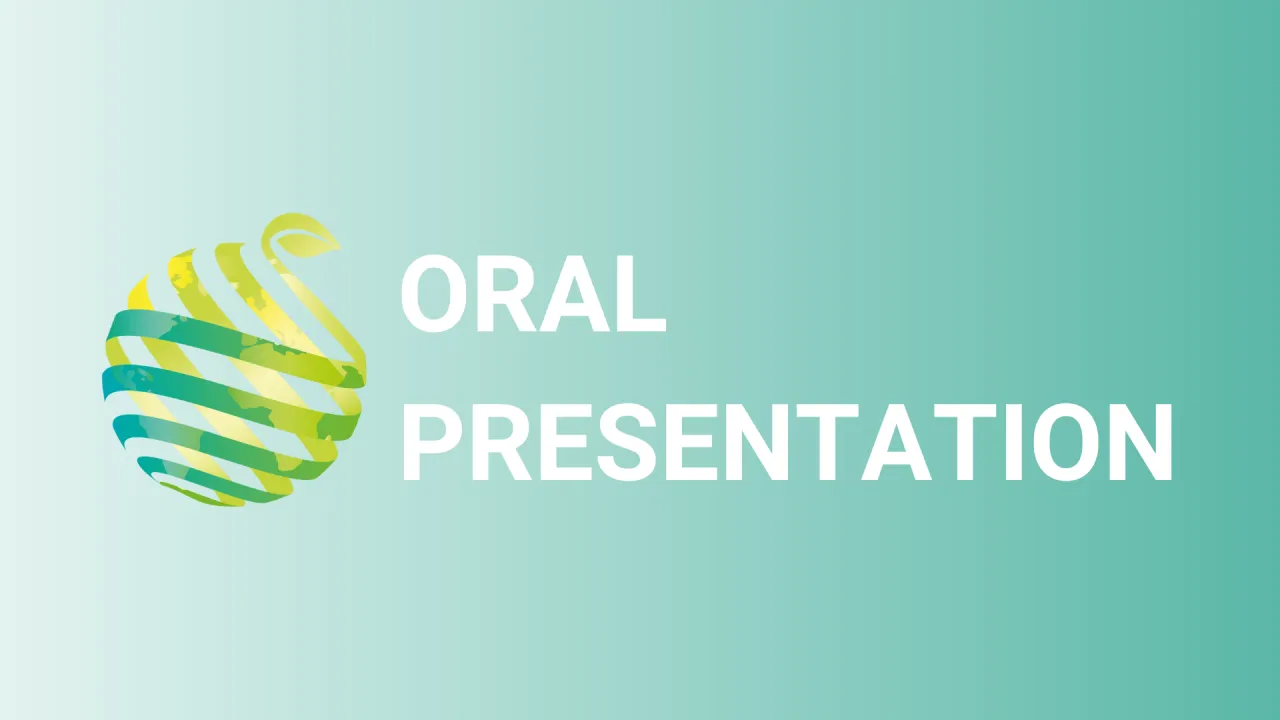

S11 - Session O4 - Understanding and manipulating cold tolerance - Chemical priming for improving the response of avocado 'Hass' to chilling and frost stress
Information
Authors: Dana Charuvi *, Vivekanand Tiwari, Itzahk Kamara, Kira Ratner, Naveen C. Joshi, Deepanker Yadav, Adi Faigenboim, Vered Irihimovitch, Yuval Bussi
The ongoing climate changes are bringing on more frequent and more extreme weather conditions, amongst which are frost events that occur in atypical regions. Radiation frosts are characterized by sub-zero temperatures at night/dawn followed by high light during the following clear-sky day. The sequential combination of these two conditions can results in substantial damage to sub/tropical plant species. The avocado cultivar 'Hass', which is the most popular and sought-after in the world, is cold-sensitive. There are several means for dealing with frost in orchards, however, not all are practical everywhere. Chemical priming, which can improve plants' coping with various biotic or abiotic stresses, may provide an alternative way for dealing with frost stress. In this work, we characterized the response of young 'Hass' trees to frost conditions, and the effect of priming with sodium hydrosulfide (NaHS) on this response. We found that following frost conditions primed trees had reduced inhibition of CO 2 assimilation, less photoinhibition, improved non-photochemical quenching capacity, and a lower accumulation of hydrogen peroxide in leaves. To study the molecular mechanisms involved in the response to frost and its modulation by NaHS priming, we conducted a transcriptome analysis. Among the findings, we observed an increase in the expression of genes encoding for: biosynthesis of carotenoids and abscisic acid (ABA); ABA-induced transcription factors; small heat-shock proteins which aid in protein folding and act as anti-oxidants; as well as antifreeze proteins. NaHS priming of mature 'Hass' trees in commercial orchards in winter showed that following chilling stress (0-2°C), primed trees had reduced inhibition of photosynthetic assimilation, stomatal conductance and transpiration, in a time range of two weeks after the treatment. Improved assimilation during winter can potentially also improve the fruit yield, but this requires further investigation.